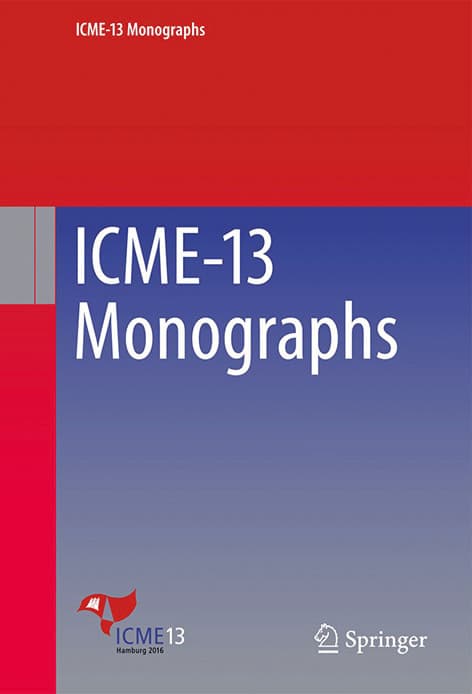Greetings from the new ICMI President, Frederick Leung
January 2021 marks the beginning of the new four-year term for the Executive Committee (EC) and the new ICMI president. We print here parts of his greetings to the worldwide mathematics education community.
“May the year 2021, and the next three years, be healthy, peaceful and productive for you! I am taking up the Presidency of ICMI with awe and humility, fully aware of the challenges that lie ahead of me and the rest of the international mathematics education community. In facing these challenges, I am blessed with the firm and sound foundation laid down by our predecessors – the past Presidents and EC members of ICMI. […]
Let me share with you briefly my vision for mathematics education in the coming years. ‘The International Commission on Mathematical Instruction is a worldwide organization devoted to research and development in mathematical education at all levels [and] to promoting international cooperation in mathematics’. In achieving this mission of ICMI, I believe our first and foremost task is to establish mathematics education more solidly as an academic discipline. We as an organization should encourage rigorous research and promote high standards in research methodology. Based on scholarly research, we should facilitate and encourage sharing of best practices and cross-fertilization of ideas, while focusing on capacity building. And in the course of doing this, we should be sensitive to contextual and cultural differences in different countries. […]
As we all know, COVID-19 is affecting school education all over the world, and normal routine classroom teaching is seriously hampered. But the pandemic also brings opportunities. Many teachers around the globe are exploring the use of ICT for mathematics teaching and remote learning. […] Unfortunately, the effective use of ICT for remote teaching and learning, especially for the underprivileged, still remains a potential at the moment. In fact, the evidence so far is that COVID-19 has led to even greater inequality. […] We do not yet have much concrete data on how mathematics education of the underprivileged has been affected by COVID-19, and a Discussion Group in ICME-14 will be devoted to discussing this issue. In this time of crisis, ICMI as a community must reaffirm its mission of bringing about more equity in (mathematics) education opportunities for children in all corners of the world.
One way of achieving more equity is to support mathematics education in disadvantaged countries, and ICMI has been attempting to do this through our Capacity and Networking Project (CANP). One lesson we learned from COVID-19 is that we are living in an interdependent world. Just as immunity in one country is not enough to contain the pandemic, merely improving the quality (and quantity) of mathematics education in our own country is not enough for the whole of humanity to advance in mathematics learning. And in supporting mathematics education in different countries, we need to take their different cultural contexts into consideration. We must understand and respect different cultural traditions: we have much to learn and benefit from cultural diversity. […]
Another important stakeholder is of course the community of mathematicians. I must reiterate here that ICMI is a Commission of IMU, and we have received tremendous support from IMU in our work, professionally, logistically and financially. In promoting mathematics education, we have benefited immensely from the input of mathematicians, and we are thankful to IMU for its support and input. We should consider how we can tap this source of support from mathematicians more deeply.
I understand that serving as the President of ICMI is a huge undertaking, but it is also an honorable and meaningful endeavor. In fulfilling my role, I truly need your support and cooperation to meet the challenges ahead.”
Frederick Leung
ICME-13 monographs – A window into worldwide research on mathematics education
Only a few weeks remain until the hybrid conference ICME 14 (in Shanghai and the virtual space) in July 2021. This is the right moment to look back on ICME 13 in 2016, when the world met in Hamburg to discuss research in mathematics education. What remains after 5 years from the more than 45 topic study groups, survey teams, many invited lectures and plenary talks?
A lot! With several special issues in international journals and two Springer ICME-13 series, the international communication on multiple research topics is well documented and available to all readers. The series can be found here: www.springer.com/series/15585 and 14352.
Open access is granted to two main proceedings, with all plenary and awardee lectures, survey teams, and invited lectures. As the series are completed, they provide an interesting insight into the wide range of problems and research topics in mathematics education, including multiple research methods and theoretical perspectives. We invite all readers to search for the topic best matching their interests, and get the feeling before diving into ICME 14.
All rights reserved.
Cite this article
Frederick Leung, Susanne Prediger, ICMI column. Eur. Math. Soc. Mag. 120 (2021), pp. 62–63
DOI 10.4171/MAG/26

